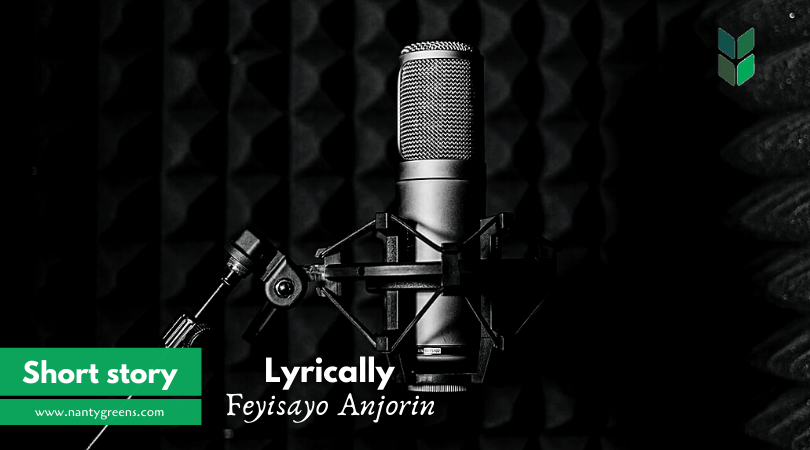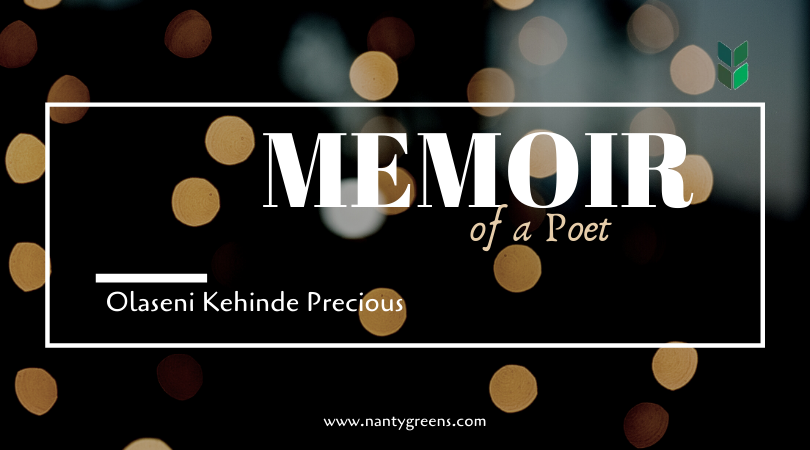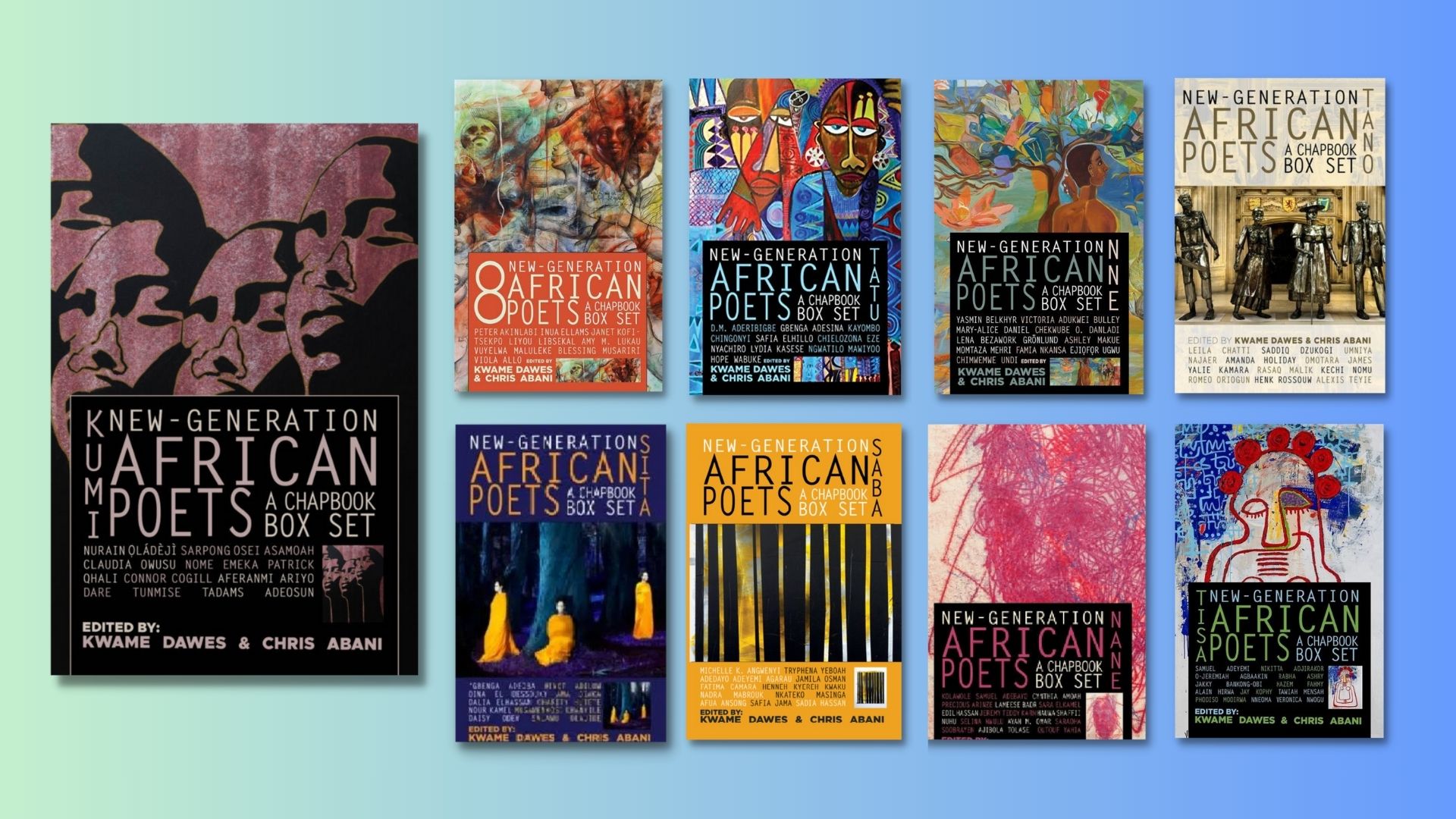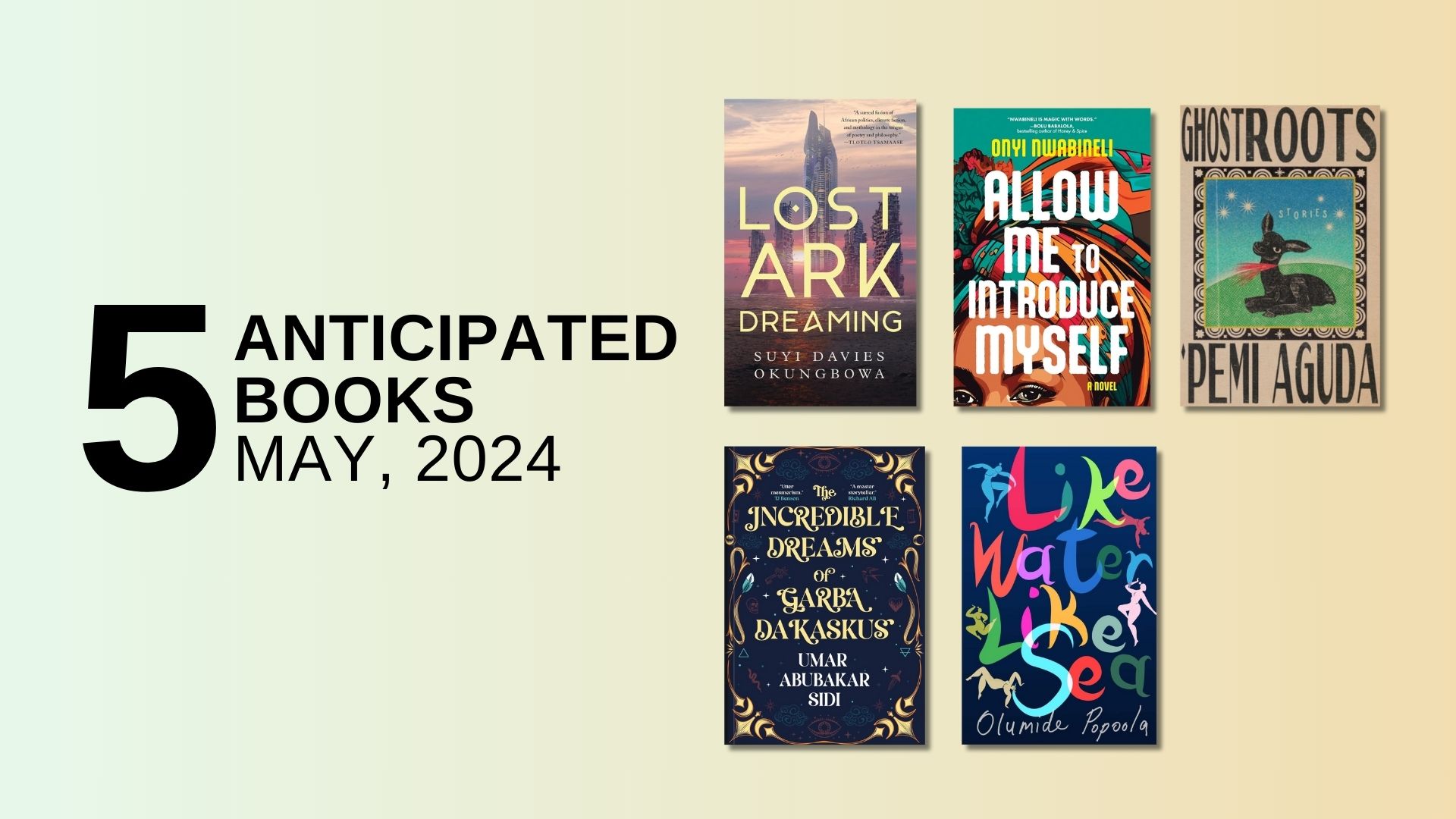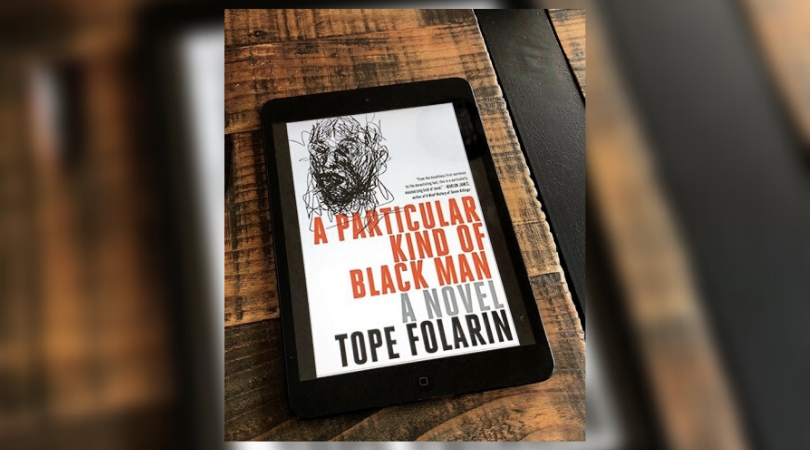
Tope Folarin’s A Particular Kind Of Black Man is a metaphor for identity, ambition, loss, a love lost, a conflict between the past and the future, a struggle for survival, and the trajectory of the black race in a white world.
The 2013 Caine Prize winning author writes a part of himself into his characters, and a spatial space that historically questions, tries to erase, and rewrite what his black identity represents.
This bildungsroman beams a searchlight into the quest for isolation, and the ability to dream and desire a paradise on earth, a new world order much better than has existed. This quest reflects the first of many steps across the Atlantic, and a journey from various parts of Africa into Europe. For Tendai Huchu’s characters, this journey could start from a poverty-dense community in Zimbabwe and into a new Beulah land in the south coast of Carlton Hill, Canada. While for Tope Folarin’s characters, the journey starts from 1980’s Lagos, Nigeria to a white dominated town in Utah, America.
Over the years, America has invoked what it calls the American Dream: through travails, trials and triumphs. From Walter Raleigh, to Christopher Columbus, to Captain Smith, to the Pilgrims progress and plight, the Puritans Piousness, the Protestants revolution, the Reformers bedrock, a back and forth Constitutional Amendments, Harlem Renaissance, a New World Order, and a supposed post-racial America; the existence of America as a multifaceted world where everyone fulfils their dreams continues to echo.
While America tries to posit itself as the ‘New Earth’, there’s been an unjust interaction among races over the years. In this tragedy, there is an illusion created, that America is a place where “love conquered all, where black people and white people lived together in peace and harmony.” It’s in this illusion that Folarin creates the character of Mr. Akinola, a father of two, who leaves Nigeria with a dream in his pocket: that America has a place for him.
Dreams, memories and desires are sometimes like flickering fire in the wind, and this universal truth the Akinola’s are confronted with on getting to America. Folarin writes the conflict of memory and knowing, and a plot of love lost in the interactions between a seven-year-old Tunde Akinola and his mother. A philosophical attempt in representing memory is reflected through Tunde’s conundrum of what the past was, what his present should be like, and the longing for a future he does not know if he has a place in. As the characters worlds’ collide, the reader is drawn into this puzzle, sharing a sense of knowing with their plights.
While Tope Folarin tells a story about a particular kind of black man, Michael Kiwanuka initiates a defense mechanism for this particular kind of black man. While the former reflects the struggle, the later rebels:
“I’m in love but I’m still sad//I’ve found peace but I’m not glad //All my nights and all my days//I’ve been trying the wrong way //I don’t mind who I am (I’m a black man in a white world, I’m a black man in a white)”
The thoughts Folarin triggers in our mind is what then is post-racial American society, if his characters still have to fight against a racial world that ridicules their skin colour, accent, name, body make up; and leaves no other option but a social struggle to be seen. From Utah to Dallas, it is obvious that the American Dream is far from being realized. Paul Beatty’s Sellout is a testament that America promises, America betrays.
Overall, it is hard to pin Folarin’s debut novel to a singular thematic chart. In bits, it reminds us of the realities of black immigrants and the struggle of living in a two-faced world where home is not home enough. While it can be argued that Folarin abruptly puts an end to the character of Tunde Akinola, the question however that should start any discourse is: what kind of black man are you?
Akinnawonu Joseph breathes everything literary. He is a poet most of the time but for love for Chelsea, the football club.


